(Matt. 24:1-3; Mark 13:1-4; Luke 21:5-7)
Below you'll see everything we could locate for your search of “Luke 3-6”
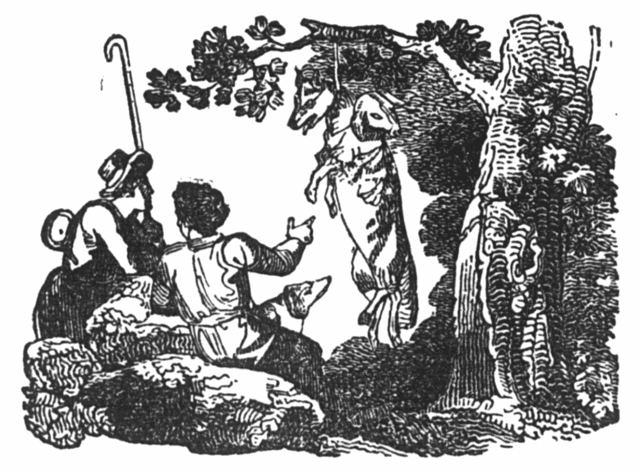
This cultural interplay is clearly depicted in Jesus’ references to commonly known fables of his day in Matthew 7:15, Luke 4:23, Luke 7:24 (cf. … Among them were the upper class (Luke 8:3), the Pharisees (Luke 11:37), the Sadducees (Matt. 22:23), members of the ruling Council, (Mark 15:43; John 3:1), tax collectors (Luke 5:27; Luke 19:2), sinners (Luke 15:1), fishermen (Mark 1:16), zealots (Matt. 10:4), men, women (Luke 8:2-3), Greeks (Mark 7:28), and harlots (Luke 7:37). … As Jesus taught in the same vein as other Jewish rabbis in the first century, he used this technique and illustrated his knowledge of folklore in the four following passages: Matt. 7:15, Luke 4:23, Luke 7:24 (cf.
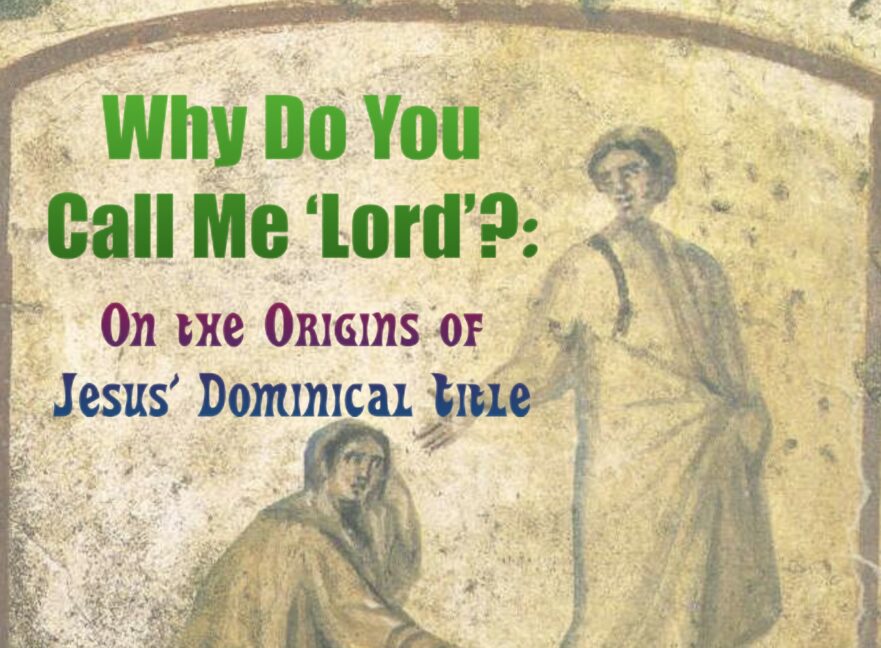
How to cite this article: JP Staff Writer, “Why Do You Call Me ‘Lord’?: On the Origins of Jesus’ Dominical Title,” Jerusalem Perspective (2024)
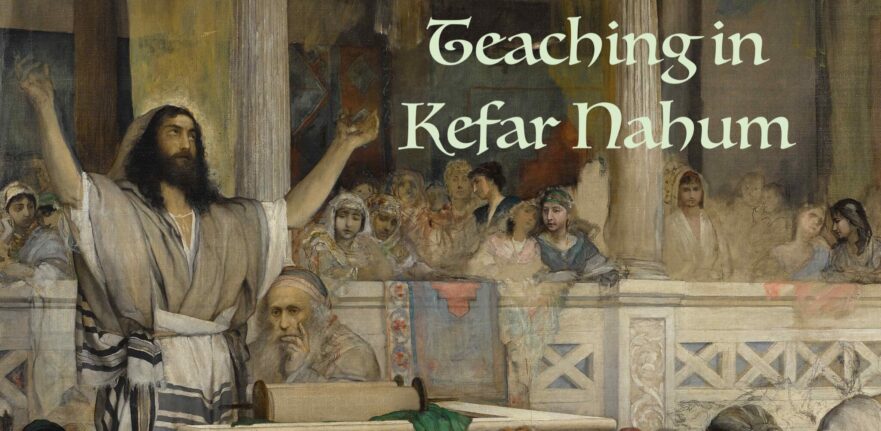
— wp:heading {“level”:3,”className”:”has-text-align-center”} –> Matt. 4:13-16; 7:28-29; Mark 1:21-28; Luke 4:31-37
In Luke’s Gospel Teaching in Kefar Nahum (Luke 4:31-37) follows the account of Jesus’ visit to his hometown in Nazareth (Nazarene Synagogue; Luke 4:14-30). This story order is distinctly odd, since in Nazarene Synagogue Jesus mentions having performed miracles in Capernaum (Luke 4:23), even though Luke had not yet recorded either a miracle or a visit to Capernaum. Because of Jesus’ remark in Luke 4:23, the author of Luke would have done better if he had made Nazarene Synagogue the sequel to Teaching in Kefar Nahum rather than its prequel. … These redactional changes emphasize the positive response Jesus’ teaching elicited from his hearers (Luke 4:15, 32), a response that contrasts with the negative reaction to Jesus’ teaching in Nazareth.
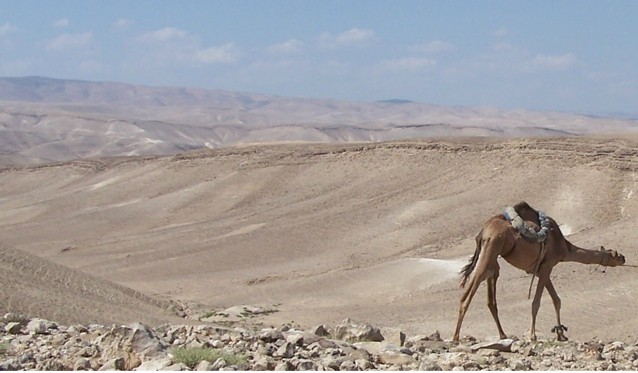
Matt. 19:16-30; Mark 10:17-31; Luke 18:18-30 (Huck 189; Aland 254-255; Crook 294-295)For abbreviations and bibliographical references, see “Introduction to ‘The Life of Yeshua: A Suggested Reconstruction.'” Preliminary research on the Rich Man Declines the Kingdom of Heaven incident was carried out in 1986-1987. Seventeen Jerusalem School seminar sessions were devoted to this pericope: eight seminars were held February-June 1986, and a further nine seminars between November 1986 and May 1987.
Jerusalem School Seminar participants engaged in discussing the Rich Man Declines the Kingdom of Heaven incident.
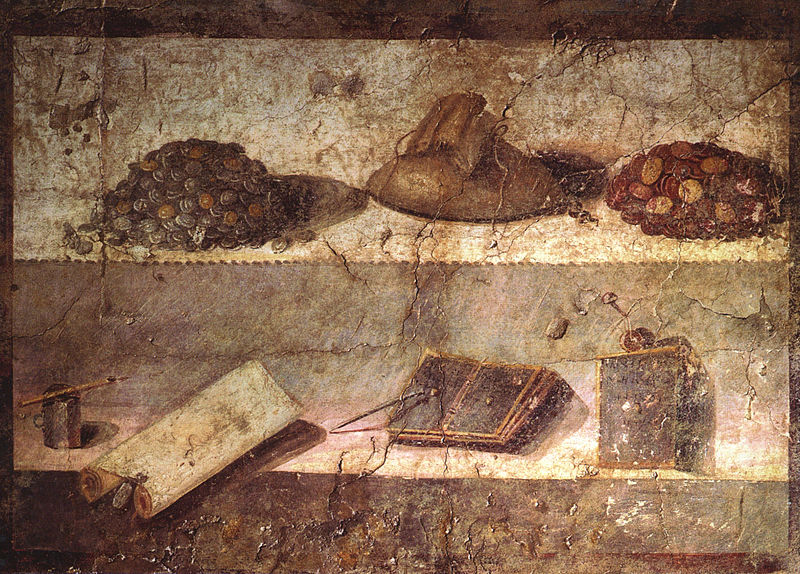
Matt. 9:9-13; Mark 2:13-17; Luke 5:27-32; 15:1-2
(Huck 53; Aland 44, 93; Crook 67, 97)For abbreviations and bibliographical references, see “Introduction to ‘The Life of Yeshua: A Suggested Reconstruction.'”… All three evangelists also agree to place the Healing a Paralyzed Man narrative (Matt. 9:1-8; Mark 2:1-12; Luke 5:17-26) immediately before the Call of Levi story, and to place Why Yeshua’s Disciples Do Not Fast (Matt. 9:14-17; Mark 2:18-22; Luke 5:33-39) immediately afterward. … (Luke 5:27-32) as well as the version from FR (Luke 15:1-10), omitting the Lost Sheep and Lost Coin similes from Anth.’
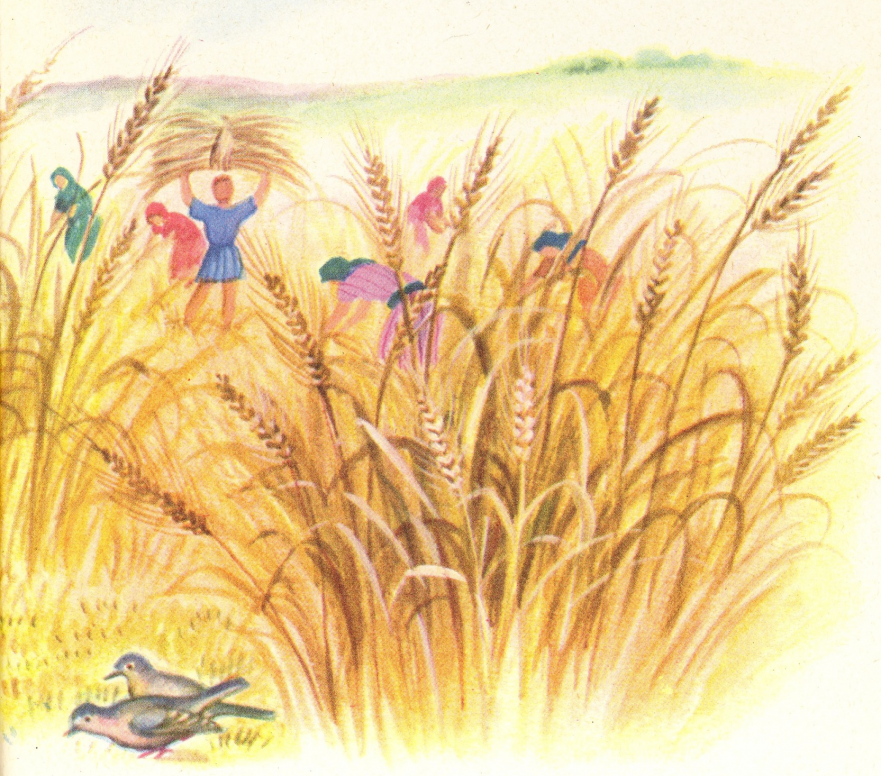
Matt. 9:37-38; 10:16a; Luke 10:2-3 (Huck 58, 139; Aland 98-99, 177; Crook 102, 197-198)For abbreviations and bibliographical references, see “Introduction to ‘The Life of Yeshua: A Suggested Reconstruction.'”
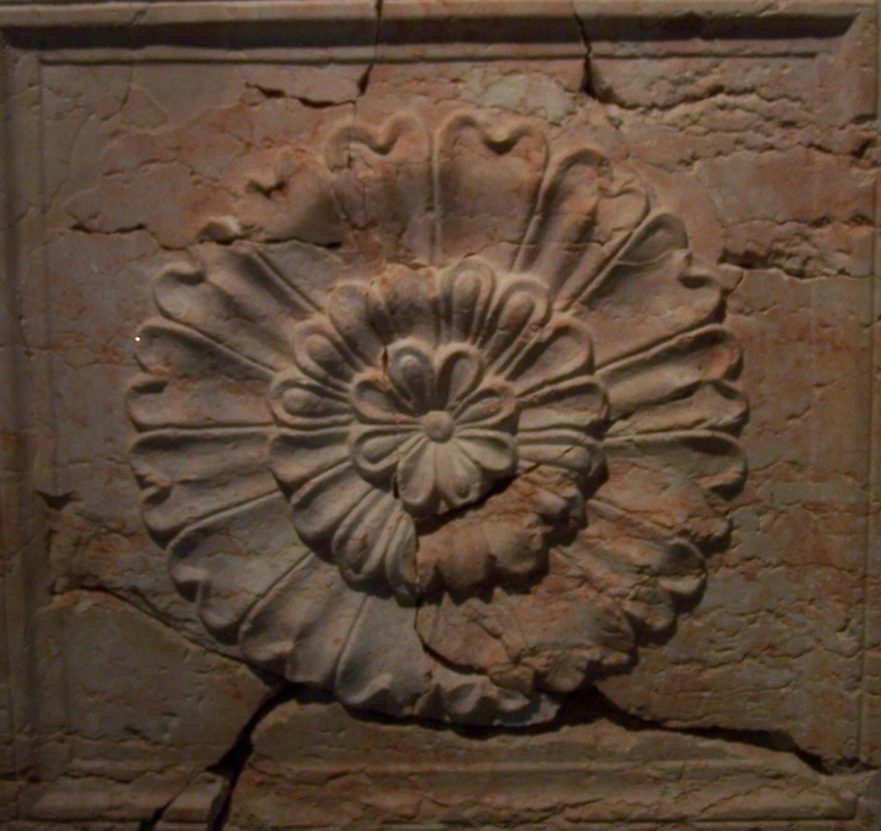
(Luke 6:24-26)
The woes that Jesus pronounced imply that enjoying a reward in the present time will detract from one’s enjoyment of the coming redemption.
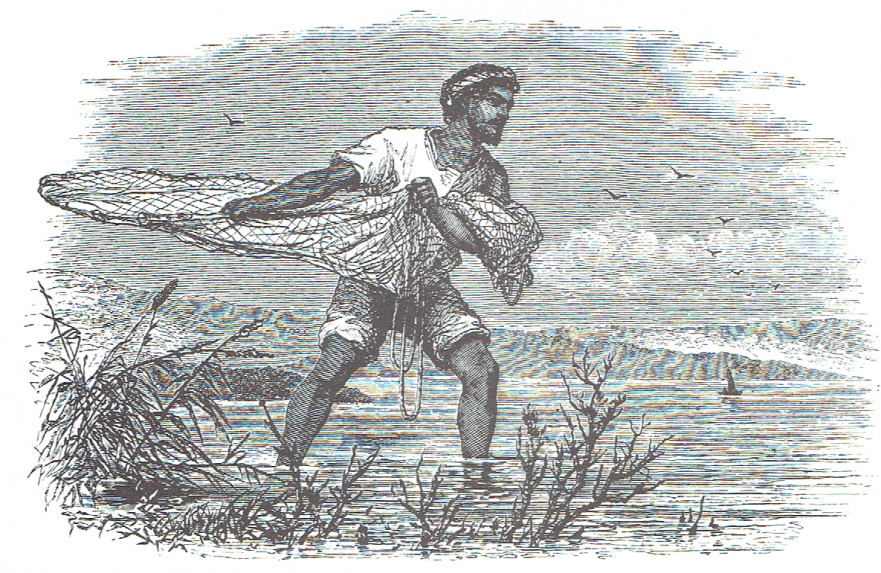
The process of washing a net in the morning after a night’s fishing, as mentioned in Luke 5:2, is specific to the trammel net…. (Luke 5:1-7)
Because of the limited fishing grounds at Heptapegon, two crews were working in partnership that night.
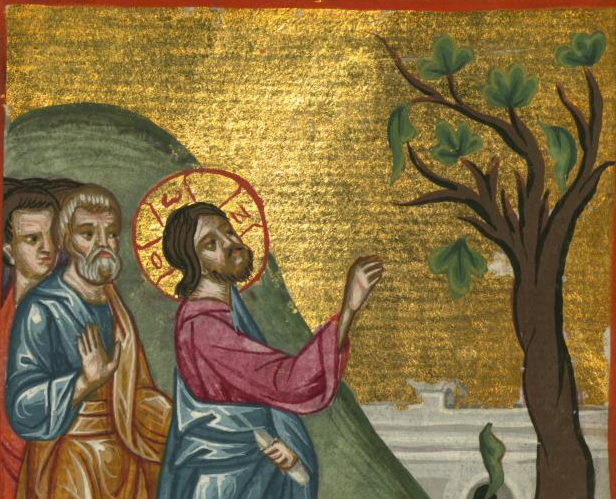
Matt. 24:32-33; Mark 13:28-29; Luke 21:28-31 (Huck 220; Aland 293; Crook 333)For abbreviations and bibliographical references, see “Introduction to ‘The Life of Yeshua: A Suggested Reconstruction.'”
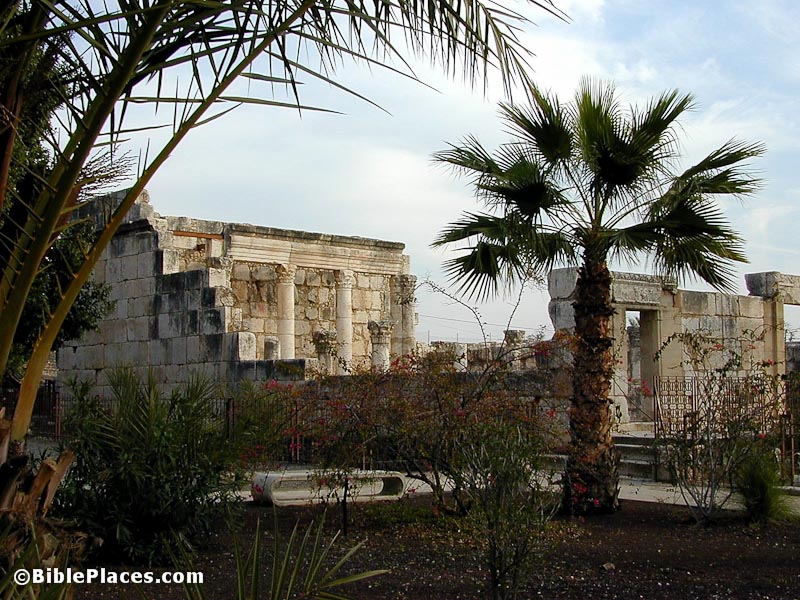
That Luke (or his source) intentionally brought the Nazareth incident near to the baptism is suggested by the fact that Mark’s parallel (essentially a stripped-down version) doesn’t appear until Mark 6:1-6, as well as by the apparent anachronism of Jesus’ mention of Capernaum in Luke 4:23: “what we have heard you did at Capernaum, do here also in your own country.” … (Luke 4:18-19; RSV)
Few scholars are aware of the fact that this passage was apparently associated, in the minds of apocalyptically minded Jews, with the endtime appearance of Elijah.
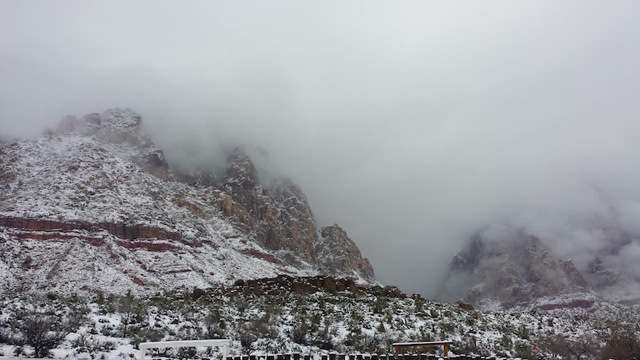
John the Baptist’s disciplined life in the wilderness—facing constant danger, without human comforts, dedicated to God alone—was so extraordinary that people wondered if he “might be the Messiah” (Luke 3:15). … Later, after exhausting days spent ministering to others, Jesus “would withdraw to deserted places and pray” (Luke 5:16), finding new strength and teaching us to root our actions in prayer.
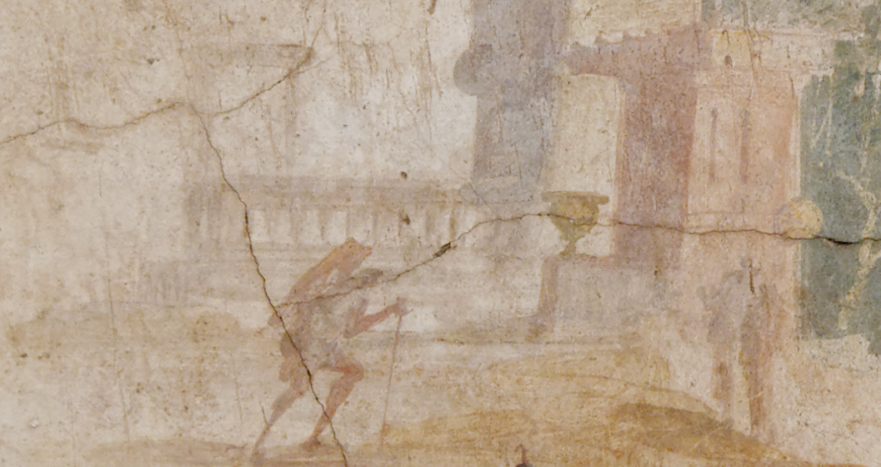
Matt. 10:5b-10; Mark 6:8-9; Luke 9:3; 10:4 (Huck 58, 139; Aland 99, 142, 177; Crook 104-106, 162, 199)For abbreviations and bibliographical references, see “Introduction to ‘The Life of Yeshua: A Suggested Reconstruction.'” Updated: 14 December 2023
אֶל דֶּרֶךְ הַגּוֹיִם אַל תֵּלְכוּ וּלְעִיר הַשֹּׁמְרֹנִים אַל תִּכָּנְסוּ אֲבָל לְכוּ לַצּאֹן הָאֹבְדוֹת שֶׁלְבֵית יִשְׂרָאֵל אַל תִּשְׂאוּ כְּלוּם לַדֶּרֶךְ לֹא מַקֵּל וְלֹא תַּרְמִיל וְלֹא לֶחֶם וְלֹא כֶּסֶף וְלֹא מִנְעָלִים וְלֹא שְׁנֵי חֲלוּקוֹת וְאִישׁ בַּדֶּרֶךְ אַל תִּשְׁאֲלוּ בִּשְׁלוֹמוֹ
“Don’t go to the Gentiles or the Samaritans. Instead, go to the lost sheep who belong to the people of Israel. Don’t take along gear for your mission, not even a walking stick, or a pack, or food, or money, or shoes, or extra clothes. And don’t greet anyone on the road.
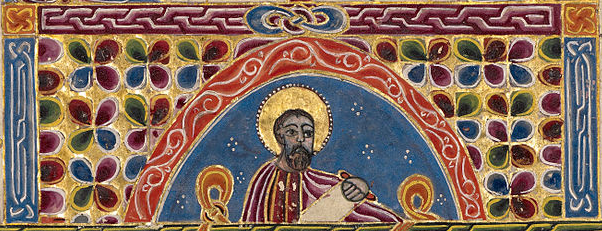
This passage was also the quotation with which Jesus announced his ministry in the synagogue of Nazareth (Luke 4:18).

Matt. 6:25-34; Luke 12:22-31
(Huck 35, 157; Aland 67, 201; Crook 49, 236)For abbreviations and bibliographical references, see “Introduction to ‘The Life of Yeshua: A Suggested Reconstruction.'” Updated: 20 September 2023
לְפִיכָךְ אֲנִי אוֹמֵר לָכֶם אַל תְּהַרְהְרוּ לְנַפְשְׁכֶם מַה תֹּאכְלוּ וּמַה תִּשְׁתּוּ וְלֹא לְגוּפְכֶם מַה תִּלְבְּשׁוּ הֲלֹא הַנֶּפֶשׁ מְרֻבָּה מִן הַפַּרְנָסָה וְהַגּוּף מִן הַכְּסוּת הַבִּיטוּ בָּעוֹרְבִים שֶׁאֵינָם זוֹרְעִים וְאֵינָם קוֹצְרִים וְאֵינָם מַכְנִיסִים לְאוֹצָרוֹת וְשָׁמַיִם מְפַרְנֵס אוֹתָם עַל אַחַת כַּמָּה וְכַמָּה אַתֶּם שֶׁחֲמוּרִים מֵעוֹף הַשָּׁמַיִם וּמִי בָּכֶם שֶׁמְּהַרְהֵר יָכוֹל לְהוֹסִיף עַל קוֹמָתוֹ אַמָּה אַחַת וְעַל כְּסוּת לָמָּה אַתֶּם מְהַרְהְרִים הִסְתַּכְּלוּ בְּצִיץ הַשָּׂדֶה הֵיאַךְ הֵם צוֹמְחִים אֵינָם עֲמֵלִים וְאֵינָם טוֹוִים וַאֲנִי אוֹמֵר לָכֶם אַף שְׁלֹמֹה בְּכָל כְּבוֹדוֹ לֹא הִתְכַּסֶּה כְּאַחַד מֵהֶם אִם כָּךְ אֶת חֲצִיר הַשָּׂדֶה שֶׁהַיּוֹם קַיָּם וּמָחָר בַּתַּנּוּר נָתוּן מַלְבִּישׁ שָׁמַיִם עַל אַחַת כַּמָּה וְכַמָּה אַתֶּם מְחוּסְּרֵי אֲמָנָה אַל תְּהַרְהְרוּ לוֹמַר מַה נֹּאכַל אוֹ מַה נִּשְׁתֶּה אוֹ בַּמֶּה נִתְכַּסֶּה שֶׁכָּל אֵלּוּ אוּמּוֹת הָעוֹלָם מְבַקְּשִׁים וְיָדַע אֲבִיכֶם שֶׁאַתֶּם צְרִיכִים לָהֶם אֶלָּא בַּקְּשׁוּ אֶת מַלְכוּתוֹ וְאֶת צִדְקָתוֹ וְכָל אֵלּוּ יִתְוַסְּפוּ לָכֶם אַל תְּהַרְהְרוּ לְמָחָר כִּי מָחָר יְהַרְהֵר לְעַצְמוֹ דַּיּוֹ לַיּוֹם רָעָתוֹ
“So don’t be filled with anxiety about your lives, how you will eat and drink, or about your bodies, how you will be dressed. Isn’t life itself more important than the fuel that keeps it going? And isn’t the body more important than the clothes that keep it covered? If God provided the former, won’t he provide the latter as well?

How to cite this article:
Joshua N. Tilton and David N. Bivin, “Heaven and Earth Pass Away,” The Life of Yeshua: A Suggested Reconstruction (Jerusalem Perspective, 2023) .
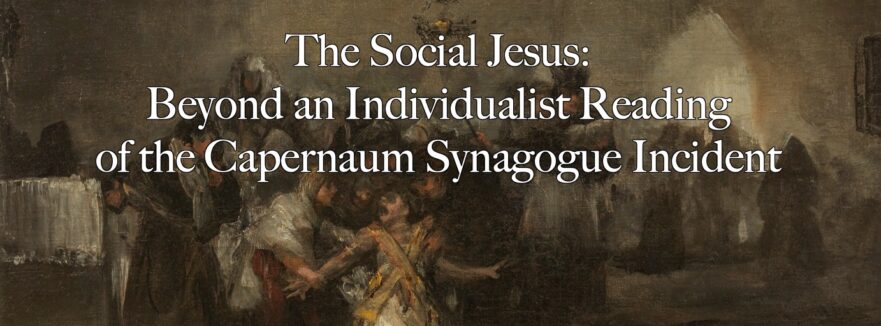
— wp:paragraph –>
To demonstrate the usefulness of a social approach to the Gospel narratives we will take a fresh look at the Capernaum Synagogue incident found in Mark 1:21-28 and Luke 4:31-37. … (Luke 4:31-37)
Luke (2 vols.; Anchor Bible; Garden City, N.Y.: Doubleday, 1981, 1985), 1:545; John Nolland, Luke (3 vols.; Word Biblical Commentary; Dallas: Word Books, 1989, 1993, 1993), 1:204.